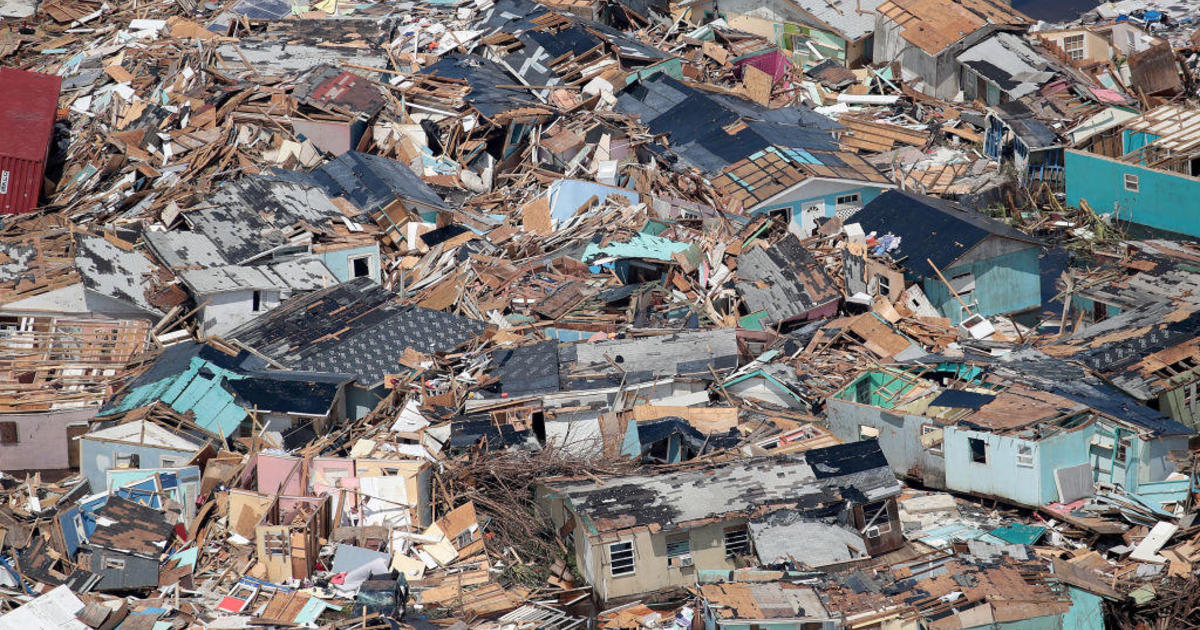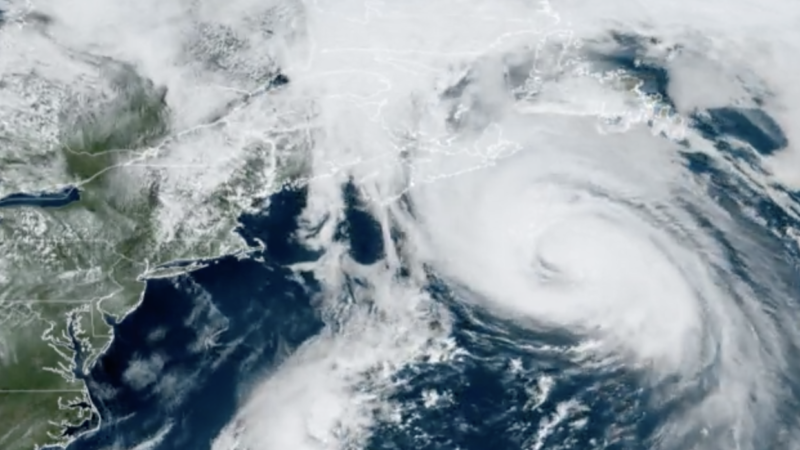September 5, 2019
As Hurricane Dorian sped toward the east coast of Florida at speeds of up to 170 miles per hour, residents of cities from Miami in the south of the state to Jacksonville in the north were aware, but few were phased. Residents had seen many hurricanes like Dorian before and had come to the reasoning “Que Sera, Sera” – Whatever will be, will be. Habitants of the Bahamas however were not so accepting of the ominous storm cell headed straight for them.
One week ago today, residents of the Bahamas began to prepare for the worst as Dorian was predicted to make land fall last Wednesday in the form of a category 3 hurricane but quickly making category 5 status shortly thereafter. As ominous as Dorian seemed looming in the distance, the cell was moving at about 7mph northwest before it began to move directly north: slowly in terms of most Hurricanes. As sandbags were placed and boards we nailed over windows, executive director of ALAN (American Logistics Aid Network) Kathy Fulton said “There is no such thing as too ready” (MHL News, 2019).
As the winds increased, the damage began, and the storm moved toward the USA, the international community’s gaze fell toward Florida and all but forgot about the Bahamas for the time being. The news headlines read “Government officials urged citizens to evacuate hurricane shelters and not to stay in their homes. However, many residents did not heed the warnings and decided to stay and weather the storm, despite warnings of injury or death.”
“I urge you, do not be foolish and try to brave out this hurricane. The price you may pay for not evacuating is your life or other serious physical harm.” – Prime Minister Hubert Minnis
This is not the first storm to hit the Bahamas. Many people are still recovering from the last storms (Jaquin – 2015 and Matthew – 2016). Jaquin was a category 4 hurricane and devastated the island. The estimated cost of hurricane Jaquin was $200M USD. As many residents were still rebuilding from the rubble of Jaquin’s violent weather, they were hit again with another barrage from Hurricane Matthew. 3 years after, Dorian passed through and devastated the island and as the hurricane continues its slow northern track towards New England and eventually into the Atlantic, aid and support for the Bahamas is minimal while one of the strongest hurricanes in recorded history envelops the islands. While an estimated 70,000 people are in need of aid, supplies are limited to being delivered because of volatile weather and hazardous conditions.
Is lieu of first responders arriving at the islands to seek those in medical need, a group of survivors have emerged. They have crawled their way through the last 7 days of torture and difficulties and have suffered great losses. Those survivors, however, found ways that even in the depths of this disaster, to keep themselves and others around them safe from the flooding and hurricane force winds. Climbing to roof tops and scrambling to higher ground. These people are the Zero-Order Responders (ZORs) of Hurricane Dorian. They have found ways to work together in an attempt to secure lives at risk to their own. We can only hope that the Bahamians will survive the aftermath of Dorian’s incredible force of nature and with international support, recover. CCB researchers produced the following two studies focused on Zero-Order Responders (ZORs).
The first report is a study done after Hurricane Maria decimated the Island of Puerto Rico almost one year ago today but focuses more on how everyday citizens triumph over incredible odds and emerge as surviving heroes. This paper entitled “Improvisation in the Time of Disaster” examines what it takes and how people act in order to survive terrible and devastating conditions before official first responder arrive at the scene.
Environment Improvisation in the Time of Disaster Final GlantzThe Video below is of a similar study which has been recently completed. This story of ZORs is the tale of turning ordinary citizens and survivors into disaster heroes.
Cover image Credit: Getty Images and CBS



